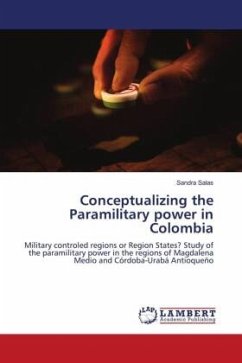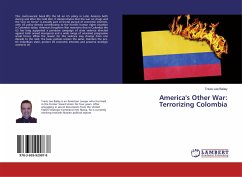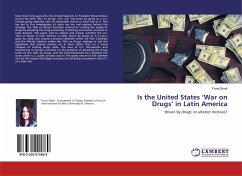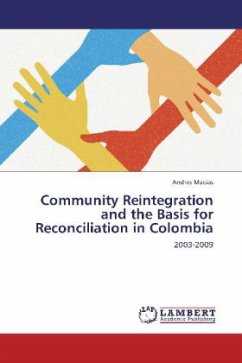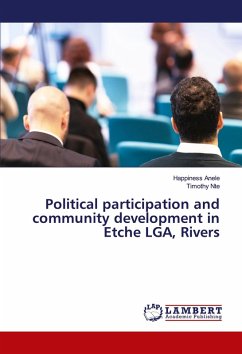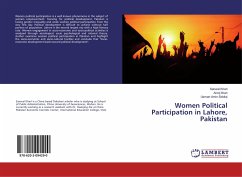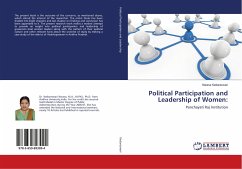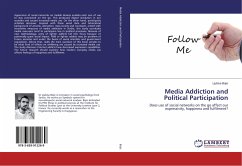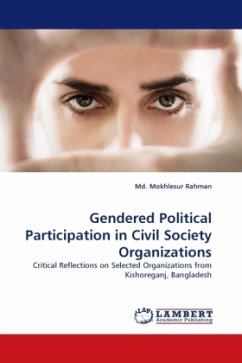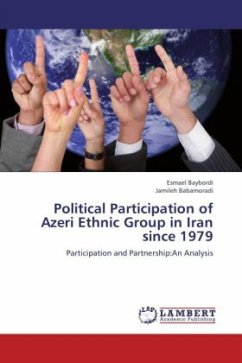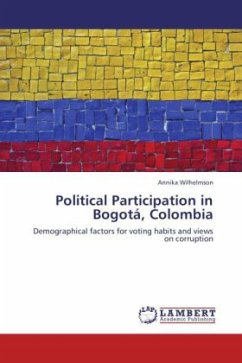
Political Participation in Bogotá, Colombia
Demographical factors for voting habits and views on corruption
Versandkostenfrei!
Versandfertig in 6-10 Tagen
32,99 €
inkl. MwSt.

PAYBACK Punkte
16 °P sammeln!
Everybody can take part in democratic elections by giving a vote on the candidate he or she believes to be most suited for the task. Still, many choose not to. The non-voters are rarely randomly spread out in an urban area but form geographical patterns. In the case of Bogotá - a large urban area in a developing country the correlations counteract the general western theories about voting habits. Education, age, and socio economic class have weak and negative correlations with electoral turnout. Instead, the correlations of the demographical factors and blank ballots are strong and positive. ...
Everybody can take part in democratic elections by giving a vote on the candidate he or she believes to be most suited for the task. Still, many choose not to. The non-voters are rarely randomly spread out in an urban area but form geographical patterns. In the case of Bogotá - a large urban area in a developing country the correlations counteract the general western theories about voting habits. Education, age, and socio economic class have weak and negative correlations with electoral turnout. Instead, the correlations of the demographical factors and blank ballots are strong and positive. The gatherings from the interviews show a situation where vote buying is a common element at the elections as well as heavy campaigning in the poor parts of town before the elections. These phenomenon seem to the base for the voting patterns in Bogotá.



